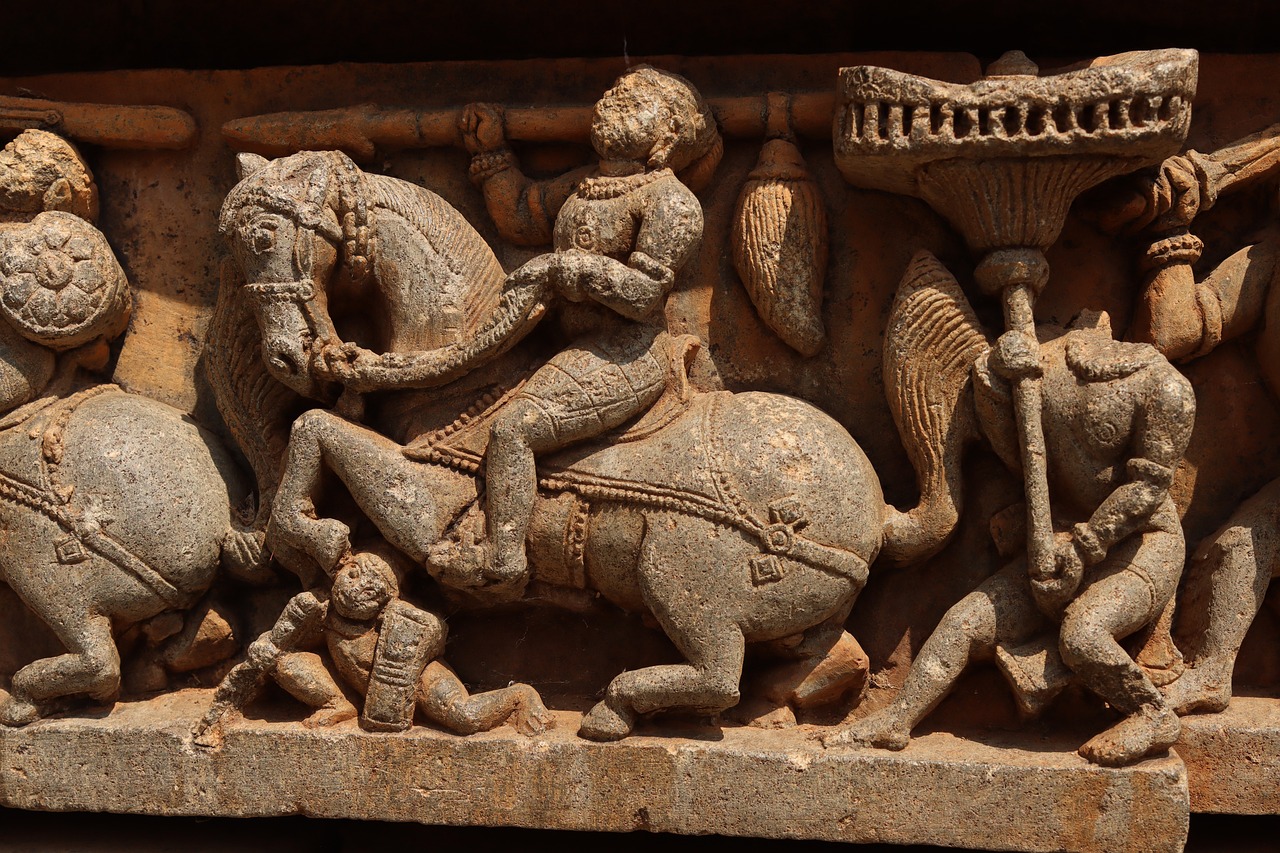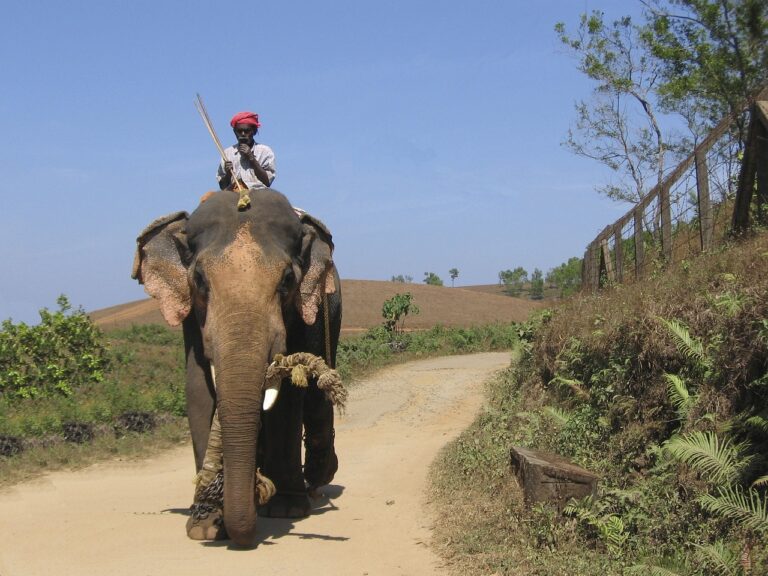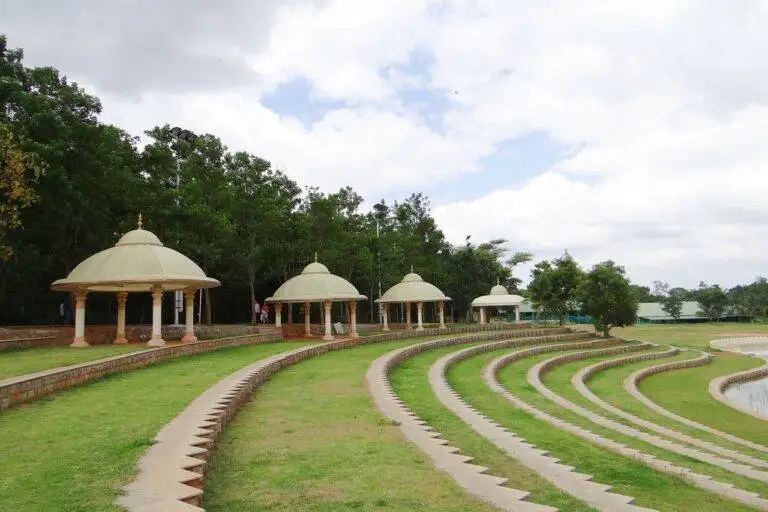Media Training for Engaging with Cultural Institutions: Allpannel, Laserbook247 com, 247betbook
allpannel, laserbook247 com, 247betbook: In today’s fast-paced world, the role of the media in shaping public opinion and influencing political decisions cannot be overstated. Media training plays a crucial role in helping politicians effectively communicate their message to the masses.
The media has the power to sway public opinion, shape political discourse, and even determine the outcome of elections. Politicians, therefore, need to be well-versed in media relations in order to effectively convey their message and control the narrative.
Media training helps politicians hone their communication skills, teach them how to effectively engage with the press, and prepare them for interviews and public appearances. By mastering the art of media relations, politicians can better convey their message, connect with voters, and ultimately influence public opinion.
Here are some key ways in which media training helps in political influence:
1. Crafting the Right Message: Media training helps politicians craft compelling messages that resonate with the public and address key issues. By understanding how to frame their message effectively, politicians can capture the attention of voters and sway public opinion in their favor.
2. Handling Tough Questions: Politicians often face tough questions from the media that can be challenging to navigate. Media training teaches politicians how to respond to difficult questions confidently and effectively, helping them stay on message and control the conversation.
3. Building Credibility: Effective communication is essential for building credibility with the public. Media training helps politicians develop their communication skills, improve their public speaking abilities, and build trust with voters.
4. Crisis Management: In today’s 24-hour news cycle, crises can arise suddenly and have a significant impact on a politician’s reputation. Media training equips politicians with the skills to effectively handle crises, mitigate negative publicity, and protect their image.
5. Leveraging Social Media: Social media has become a powerful tool for politicians to communicate directly with voters. Media training helps politicians understand how to leverage social media platforms effectively, engage with followers, and influence public opinion online.
6. Maximizing Media Exposure: Media training helps politicians understand how to maximize their media exposure and reach a wider audience. By learning how to work with journalists, pitch stories, and navigate media interviews, politicians can increase their visibility and influence.
In conclusion, media training plays a crucial role in helping politicians effectively communicate their message, shape public opinion, and influence political decisions. By mastering the art of media relations, politicians can connect with voters, build credibility, and ultimately impact the course of political discourse.
—
FAQs
Q: How can media training help politicians in crisis management?
A: Media training equips politicians with the skills to effectively handle crises, mitigate negative publicity, and protect their image by teaching them how to respond confidently and effectively in the face of a crisis.
Q: Can media training help politicians connect with voters on social media?
A: Yes, media training helps politicians understand how to leverage social media platforms effectively, engage with followers, and influence public opinion online by teaching them how to craft compelling messages and engage with their audience on social media.
Q: Is media training necessary for all politicians?
A: While media training may not be necessary for all politicians, it can greatly benefit those looking to enhance their communication skills, build credibility, and influence public opinion effectively.







